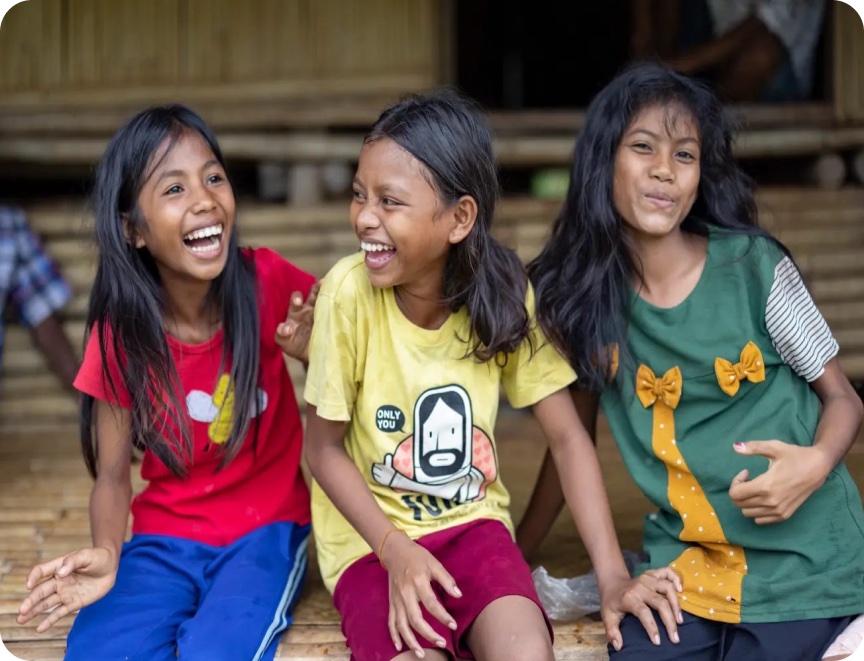Leader of the Australian Greens, Senator Richard Di Natale, announced the party’s new Peace and Demilitarisation Policy today during a speech at the Crawford School of Public Policy at the Australian National University.
With a focus on “peace and global prosperity, not more weapons and war” the Greens plan to rebuild the Australian Aid program, reduce government spending on weapons manufacturing, and increase climate finance by up to $1.6bn a year.
The new policy includes a commitment to restoring aid volumes in line with internationally agreed targets.
CEO of ChildFund Australia Nigel Spence said: “We very much welcome the Senator’s announcement to increase Australia’s overseas development assistance to 0.7% by 2030.
“Five years of consecutive cuts means that Australia is spending less on overseas development assistance than at any point in its history.
“As a member of the OECD, Australia is ranked as having the 9th largest economy. Yet when it comes to our commitment to reducing poverty, we fall to 19th place.”
Strengthening the governance of Australia’s international development program is also welcomed by ChildFund, with the Senator outlining plans to establish an independent aid agency and appoint a minister for International Development and the Pacific.
Mr Spence said: “The reinstatement of a Minister to represent the Australian Aid program and the Pacific would be a significant step to elevate the importance of overseas development within government and give dedicated attention to this important portfolio.”
ChildFund acknowledges the positive intent of the Greens policy to upskill Australia’s defence personnel so that they are better equipped for future humanitarian and peacekeeping missions “given that climate change looms as a threat multiplier and an ongoing trigger for instability and humanitarian crises”. But ChildFund also urges caution in order to avoid the risk of the militarisation of aid.
Mr Spence added: “As we now enter a period of intense election campaigning, ChildFund urges all sides of politics to work together to ensure we build bipartisan support of what is one of Australia’s greatest assets.
“Poverty reduction, increased prosperity, stronger democracies and greater peace and stability – this is the impact that Australian Aid can have, for Australians at home as well as vulnerable children and families living in poverty.”




























